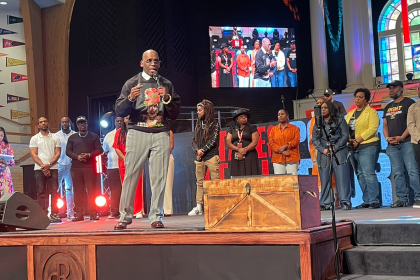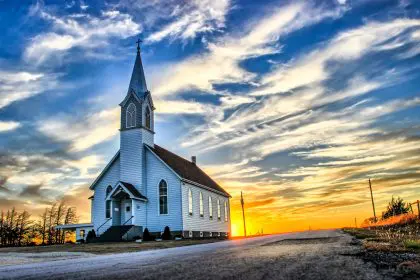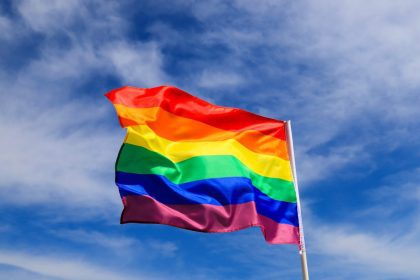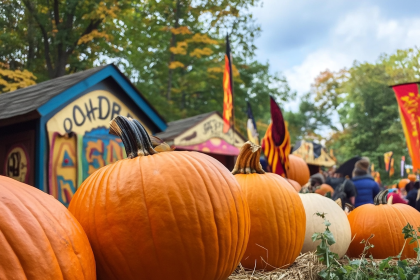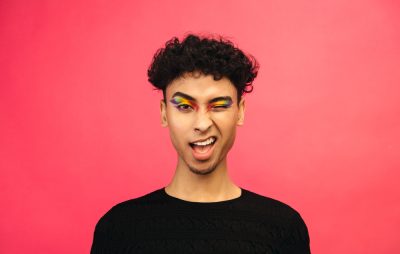On the same day that Benjamin’s piece was published, actress Rae Dawn Chong was giving a radio interview and offered her assessment of media mogul Oprah Winfrey. The two worked together on Steven Spielberg’s 1984 film The Color Purple, and Chong had some harsh words for Winfrey, whom she claimed became hostile towards her after Chong co-starred in the Arnold Schwarzenegger vehicle Commando in 1986. “The thing that’s really great about Oprah that you can’t take away from her is that she’s a great brown-noser,” she said.”If you go into a room with her she will pick the most powerful person and will become best friends with them.”
“She was that fat chick that was a cheerleader or the wannabe cheerleader in school that was the student council president that was the best friends with the principal,” she said. “She was the fat chick in school that did everything and everyone loved her.”
Chong went on to say:
“If you look at the way [Oprah] looks, she looks like 60 years ago she would have been a house keeper, luckily. She wouldn’t have been a house nigger, she would’ve been a field nigger…so I give her props.”
Chong then, stated, that she respects Oprah because “she shifted the DNA in terms of our thinking of a woman of a certain size and a certain shade. I love her for that.”
Apparently, Ms. Chong’s DNA needs a little more shifting.
To criticize Oprah is one thing; but to use hateful and racially-loaded language is another one entirely. Chong’s tirade elicited images of mammies and light-skinned vs dark-skinned–the kind of self-loathing notions that are still painful wounds in the African American community. And why does Chong assume that a black woman who elbowed her way into a room full of powerful white men is more of a “brown-noser” than any of the men that are there? Could it be because when we see a successful black woman who shares that white-male dominated space, we inherently assume she had to act as a whore or a maid to get there?
As white people, both liberal and conservative, scramble to dismiss ideas like white privilege as overstated hooey and pretend that racism isn’t still a deciding factor in how this country sees itself and its citizens; its important for African Americans to realize that our behavior can still feed into these age-old ideas (that others invented) regarding who we are–they can still shape how we see ourselves. Our self-worth and sense of identity must transcend the stereotypes that have been foisted upon us–and that starts with thoughtful critique, as opposed to glib ruminations on “inner niggers” and “field niggers.” The fact that these comments were tossed off so easily in the wake of the Zimmerman verdict may be the saddest aspect of this entire national dialogue. And for white Americans who still don’t understand how institutional racism can lead to pathology, take note of the hostile reactions to Barack Obama’s words from some of our Caucasian countrymen and note how his acknowledgement of his blackness led to outcry from those on the right and on the left. And recognize that, as a white American, you’re hardly–if ever–asked to renounce your identity for the sake of making the majority feel more comfortable.
And that is the greatest privilege one can have.



